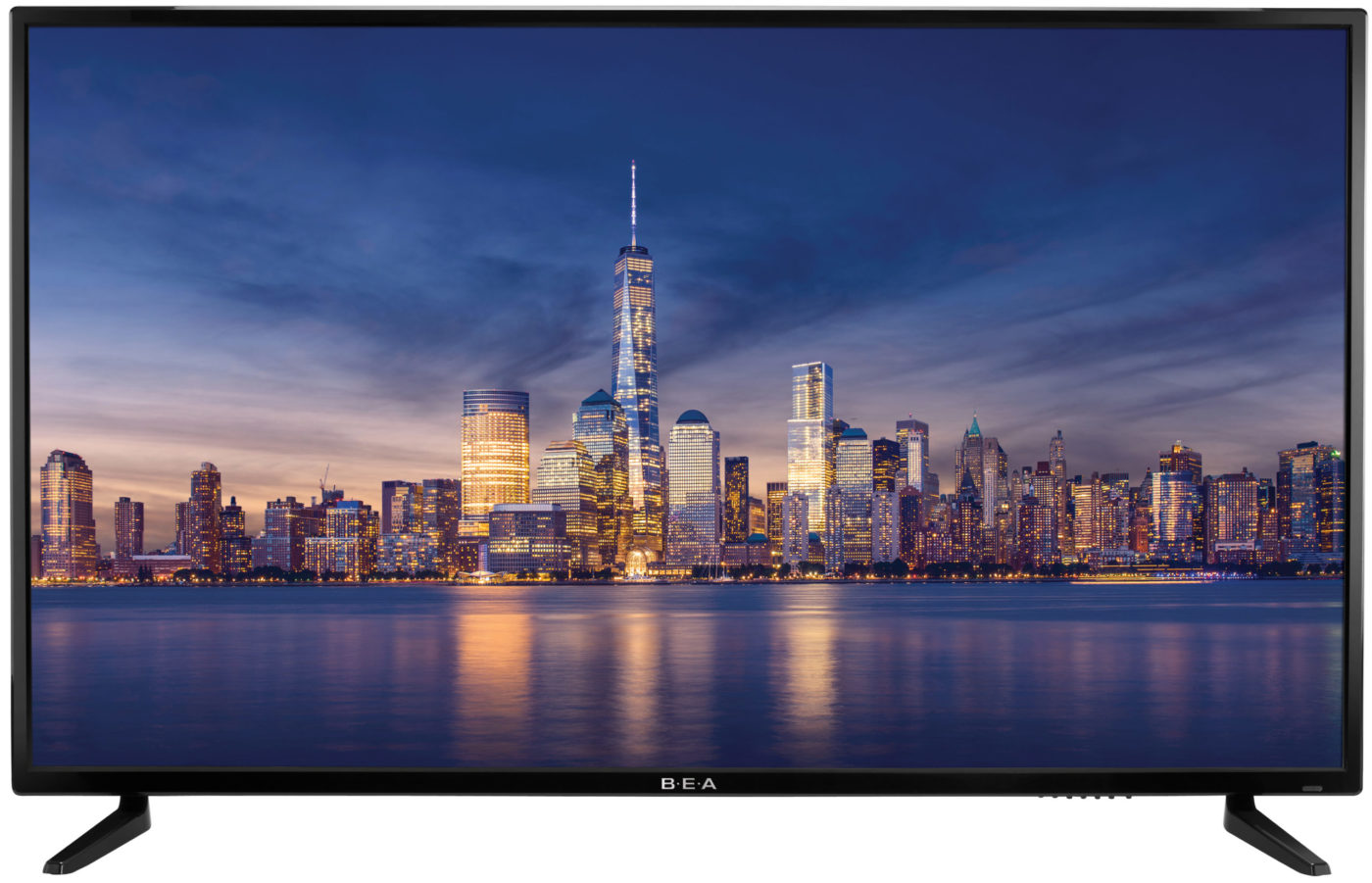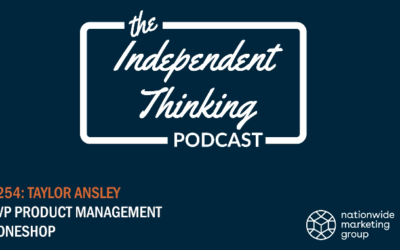For many independent retailers, competing with big-box chains can be a challenge – especially in the television vertical. Although they offer exceptional customer service and cover most local markets across the United States, independent retailers often find themselves struggling on price when compared to national sellers in the budget-friendly, tier-three television category.
So, what can these retailers do to differentiate themselves from the national chains, particularly when price is a driving factor in sales? Enter the private-label television brand.
Private-label television brands fill a much-needed gap in an independent retailer’s overall merchandise mix. Similar to the strategies of national retailers such as Kroger, Target and Amazon – who private-label everything from food and beauty-care items to cleaners and clothing – this path allows an independent retailer to boost its profit margins by taking advantage of more advantageous pricing and simplified supply chain logistics.
But as the number of manufacturers entering the private-label market continues to increase, it is critical to thoroughly qualify any partner before signing on to a private-label program. Some factors to consider during an evaluation include the following:
- Production Experience – How many private-label brands has the manufacturer previously produced? How have they performed in the marketplace?
- Quality Assurance – What manufacturing and t19esting procedures are in place to ensure a high-quality product with a low defective rate?
- Product Availability – What product sizes are available? For televisions, a private-label brand should offer – at a minimum – a 32-inch, 40-inch and 50-inch model, ideally with larger sizes also available.
- Exclusivity – Is this brand sheltered from national retailers? Is it exclusive to certain buying groups or regions?
- Margin – Is the margin on the product competitive with other nationally known brands?
- Distribution – How will the product be distributed? Does it require a truckload purchase, or can smaller quantities be fulfilled?
- Warranty – Does the manufacturer offer a competitive parts and labor warranty?
- Customer Support – Is there a toll-free customer support line for retailers and customers? Are the customer care associates multi-lingual? Are there other support options available, such as email or internet chat?
- Corporate Leadership – How much experience does the manufacturer’s leadership have in the business – on both the retail and the manufacturing sides?
In conclusion, private-label television brands offer a striking option for independent retailers looking to compete with national mass merchants and big-box electronics stores. By choosing wisely and thoroughly vetting potential partners, these store owners can offer their customers a high-quality, high-margin product at a lower price. And that’s a win-win for everyone involved.




